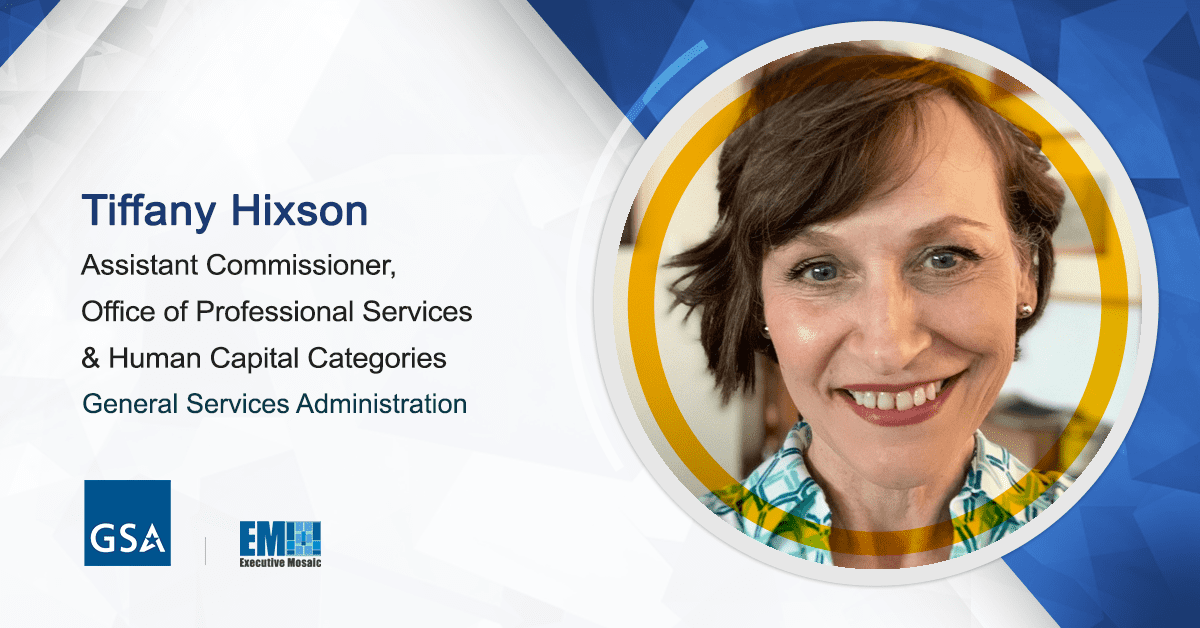Entering the complex world of government contracting can be difficult for new providers.
Small businesses face a unique set of challenges when competing against long established, multi-billion dollar enterprises, but the U.S. government has recognized the capabilities these companies have to offer, and agencies are ramping up their efforts to connect with these entities.
A key player in the public sector’s work to engage with non-traditional providers is the General Services Administration, which manages a number of contract vehicles and programs designed to encourage small business participation in the industry.
When gearing up to break into the GovCon space, Tiffany Hixson, assistant commissioner of the GSA’s Office of Professional Services and Human Capital Categories, said, “You really need to look at the value that you wanna bring to a particular mission space.” She suggested identifying agencies to focus on as a good starting point.
Once that determination is made, businesses both small and large can view agency forecasts of future procurements and “take a look at that list and see if there’s something that is well suited for your company.”
“You can also chase down prime contractors that may be chasing those requirements to see if there’s an opportunity for you to be a subcontractor,” she noted during a recent fireside chat with Kim Koster, vice president of product marketing at Unanet.
For small businesses, working under a prime contractor in a specific mission space “is a great place to start while you’re building your experience and then also working to get on one of our government wide contracts,” according to Hixson.
Another way new providers can overcome barriers to entry is through Springboard, a GSA program designed to help those looking to do business with the government cross the traditional two-year professional experience requirement for contracts, a standard that has historically deterred startups and small businesses from exploring the federal market. Hixson described the program as “an important part of your toolkit.”
She also highlighted the Federal Acquisition Service, a GSA program that helps federal organizations procure various offerings as quickly as possible. This program has been a big success in supporting small businesses.
“Last year, 46 percent of the contracting dollars through our contract programs went to small businesses,” Hixson noted.
“You hear a lot about government-wide contracts maybe not being that friendly to small businesses, and actually, the facts don’t bear that out,” she said, challenging a common perspective.
“The majority of [GSA’s] contract holders are small businesses and almost half of the work that we do and obligations that are happening are going to small businesses,” she added.
Hixson called attention to GSA’s OASIS contract vehicle, which has made approximately $72 billion in obligations since its inception a decade ago. These obligations were made by a wide range of agencies through around 4,600 task orders. According to Hixson, 40 percent of that spending went to small businesses. The GSA aims to build on this success with its new OASIS+ contract vehicle.

The Potomac Officers Club, a sister organization of GovCon Wire, will host its 5th Annual Artificial Intelligence Summit on Thursday. At the event, key public and private sector leaders will come together to share their insights on AI in the federal government. To learn more and register to attend the summit, click here.




